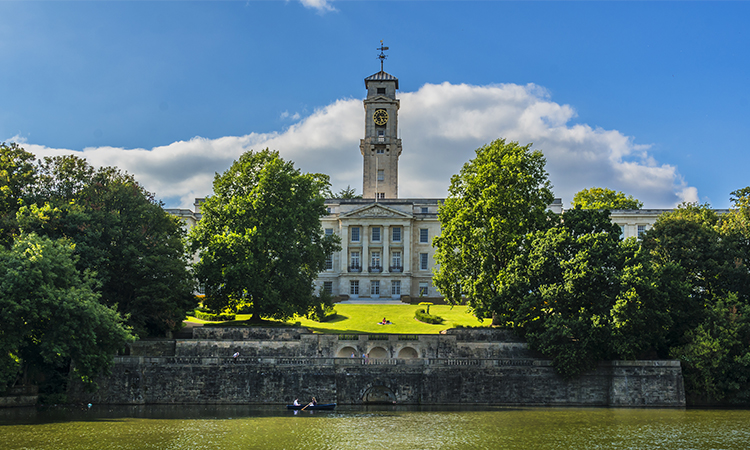University of Nottingham: New study predicts climate change could lead to significant drop in hours worked and productivity
A new study has predicted that climate change will significantly affect people’s ability to work effectively if the goals of the UN Paris Agreement are not met.
An international team including the University of Nottingham conducted the first study to assess the impact of future climate change on effective labour at the global-scale and found that labour would be reduced by between 18-25 percentage points if the goals of the UN Paris Agreement on climate change are not met. The findings have been published in The Lancet Planetary Health.
Professor Simon Gosling leads a working group that is focused on estimating the impacts of future climate change across society and was involved in the study, he explains: “The recent US-Canada heatwave is typical of the extreme temperature events we will see with climate change. As we know, heatwaves can have devastating effects on human health, wildfires and infrastructure. Labour is one of the other areas that will be affected most directly by climate change as rising temperatures effect peoples’ ability to work. Our study underscores the importance of securing ambitious global greenhouse gas emissions cuts at the UN Climate Conference in Glasgow later on this year because we show that the declines in labour with climate change are much smaller if we achieve the goals of the Paris Agreement. Our study also shows that work environments are going to have to be adapted to deal with the higher temperatures expected with future climate change.”
The research estimates ‘effective labour’, which combines the hours of work people can do in a day along with their productivity in those hours. The team analysed data from over 300 censuses conducted around the world that provide data on number of hours worked per week. This data was combined with data on historical temperatures to assess the relationship between historical climate and labour.
These relationships were used to estimate how the number of hours worked, and productivity, might change under different global warming scenarios in the future. The scenarios used were: two where the goals of the UN Paris Agreement are achieved, a 1.5°C and 2°C global warming scenario relative to pre-industrial temperatures, and one where they are not (a 3°C warming scenario).
Professor Gosling explains: “For any world region, there is on average an optimal temperature at which it is most comfortable to be working. We estimated these across the globe. For example in Europe the optimal temperature is 14°C for working outside in the shade or indoors, whereas for Africa it is 25°C. If temperatures increase beyond the optimal temperature, the number of hours a person can work declines, as does their productivity. This means we can represent effective labour in percentage terms, 100% at the optimal temperature, then steadily declining as the temperature rises.”
The research showed that for people working outdoors in the shade or indoors, effective labour reduces across the globe by 18 percentage points in a world that fails to achieve the goals of the UN Paris Agreement. For those working outdoors in full sunlight, the impact is even more severe, a reduction of 25 percentage points.
If the more ambitious of the two goals of the Paris Agreement is met, which limits global warming to 1.5°C, the declines in global labour are smaller in the future. The drop is 7 percentage points for outdoor working in the shade or indoors, and 10 percentage points for working in full sunlight.
Parts of sub-Saharan Africa, south Asia, and southeast Asia are at highest risk under future warming scenarios.

